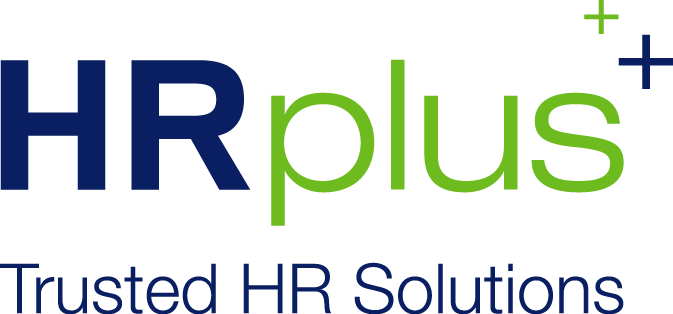
News & Updates
Actions to take if Coronavirus is impacting your business
The recent Coronavirus outbreak has led to many businesses considering their capacity to maintain normal business operations and services during the threat of the potential spread of this virus.
The World Health Organisation (WHO) has declared the virus outbreak a Public Health Emergency of International Concern. The Australian Government has responded by requiring people who have travelled to mainland China, or who have been in close contact with someone exposed to the virus, to isolate themselves for 14 days after exposure.
When dealing with matters such as a contagious disease or pandemic, employers are required to maintain a safe place of work while at the same time taking care not to breach discrimination protections or overlook legislated employee entitlements.
Employers should therefore implement the following actions:
Provide employees (including absent staff) with clear, accurate and up-to-date information in relation to the coronavirus.
Ensure employees (including absent employees) comply with government health management requirements.
Consider whether employees travelling from affected outbreak areas should be evacuated back to Australia. Contact the Department of Foreign Affairs and Trade (DFAT) for advice.
Ask them to provide a medical certificate to declare they are fit to work prior to returning.
Ensure employees formally sign-off acknowledgment and receipt of important communications relevant to their safety and the safety of others at the workplace.
Ensure customers and suppliers who come into face-to-face contact with employees do not put your employees' safety and wellbeing at risk.
Inform employees and customers about your expectations of them during a health alert. Ask them to report any illness and not to come to work if ill.
Provide appropriate personal protection (i.e. suitable masks) if required or reasonably requested.
Ensure good personal hygiene practices. For example; well stocked hand washing products; ventilated work areas; serviced air conditioning units; and regular cleaning of surfaces including hard surfaces, such as door knobs, sinks, railings and counters.
Provide access to employee counselling and psychological support services if required.
Draft or update organisational policies where required.
During a public medical alert, employees and customers will likely be concerned about and preoccupied with the wellbeing of themselves and their families. Their commitment or ability to work may not be their major concern.They will feel reassured by your communications and planning activities and pleased to know that you are preparing as best you can, to ensure the safety of people at your workplace.
Employers must also ensure employee entitlements are maintained:
Employers can legally direct employees to stay home if they have been to at-risk areas. Permanent staff members directed to stay at home must continue to be paid even when they are not at work.
Employers can request that employees work from home if suitable work can be undertaken safely. If suitable work cannot be undertaken, the parties could negotiate options to take existing leave or access leave in advance.
Personal leave may be taken if the employee is unwell, or if they need to provide care or support to a member of their immediate family or household because of an illness, injury or unexpected emergency.
Redundancy benefits and payments may apply if staff must be laid off due to ongoing business downturn.
Do you need advice relevant to your employees?
Then, contact us to find out how we can assist you or if you have any questions regarding HR matters in your company.

